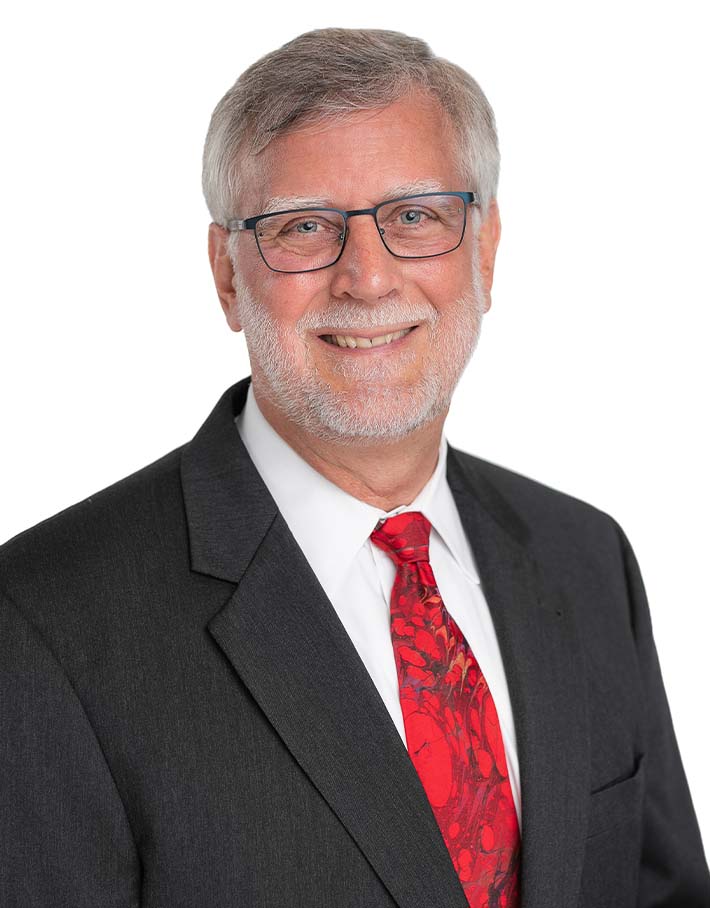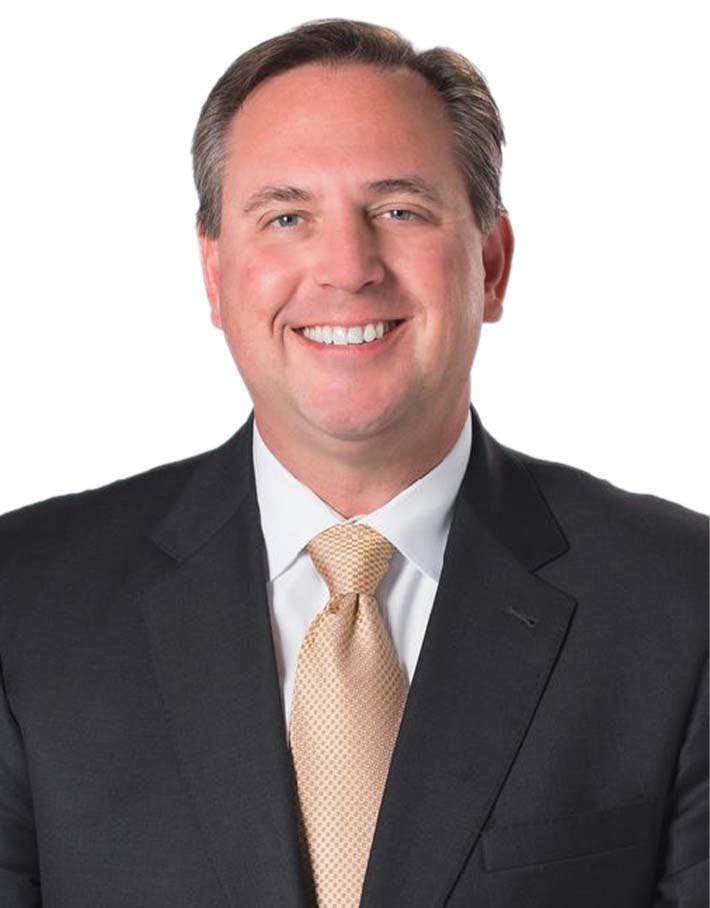Best Practices for Broker-Dealer Expense Sharing Agreements
By Jeff Harpel and Clark Tucker
Subscribe to our original industry insights
In the 2021 Report on FINRA’s Examination and Risk Monitoring Program, one of the issues FINRA highlights is insufficient documentation regarding expense-sharing agreements, an issue that remains on the list year after year. The requirements are clear. The broker-dealer is required to account for all expenses as if it were a stand-alone entity. If it has a parent or an affiliate that is providing some shared services, such as rent or personnel or equipment, the broker-dealer is required to properly account for all of its expenses, including those allocated under an expense sharing agreement.
For limited purpose or smaller firms, expense sharing agreements can be fairly straightforward. The agreement must be in writing, the allocation of expenses must be “fair and reasonable in their determination,” and the allocation methodology must be consistently applied. Being fair and reasonable means that the cost allocated should be proportionate to the benefit derived by the broker-dealer.
How do I decide what’s “fair and reasonable?”
Determine the cost drivers. Cost drivers are used to allocate expenses. For example, for rent expense, the cost driver might be square footage. Allocation to the broker-dealer would be square feet used by the broker-dealer divided by total square fee times total rent expenses. For compensation expenses, the cost driver might be the time an employee of the parent or affiliate spends on broker-dealer activities. In this example, you would apply the percentage of an employee’s time spent on broker-dealer activities times their compensation to get the expense to be charged to the broker-dealer.
And of course, document, document, document. Document the determination of the cost drivers, document the percentage calculations, document to actual cost allocation, document the posting of the charges. If not documented, it wasn’t done.
Specific situations can be more complex but the basic though process is the same. Determine cost drivers, determine allocation percentages based on those drivers, apply the percentages to total costs to determine the dollars to allocate and document everything.
Other key things to consider:
- The agreement should spell out some method of payment. Usually payments are periodic (e.g. monthly, quarterly, annually) accomplished through cash payments or forgiveness of inter-company debt.
- Make time to review the agreement at least annually to ensure it continues to be fair and reasonable in its determination. If significant events occur impacting costs or drivers between scheduled review dates, don’t wait to update the agreement.
- Make sure controls exist to ensure the actual allocations are always consistent with the written agreement.
These are just a few of the things you should consider when preparing and documenting expense sharing agreements. Oyster Consulting’s Finance and Accounting team includes former CFOs, FINOPs, Auditors and Accountants from large and small broker-dealers, investment advisors and accounting firms. Our consultants are leading experts in regulatory net capital requirements and can help keep your firm compliant with industry regulations. For more information about how Oyster can help support your FINOP role, click here.




